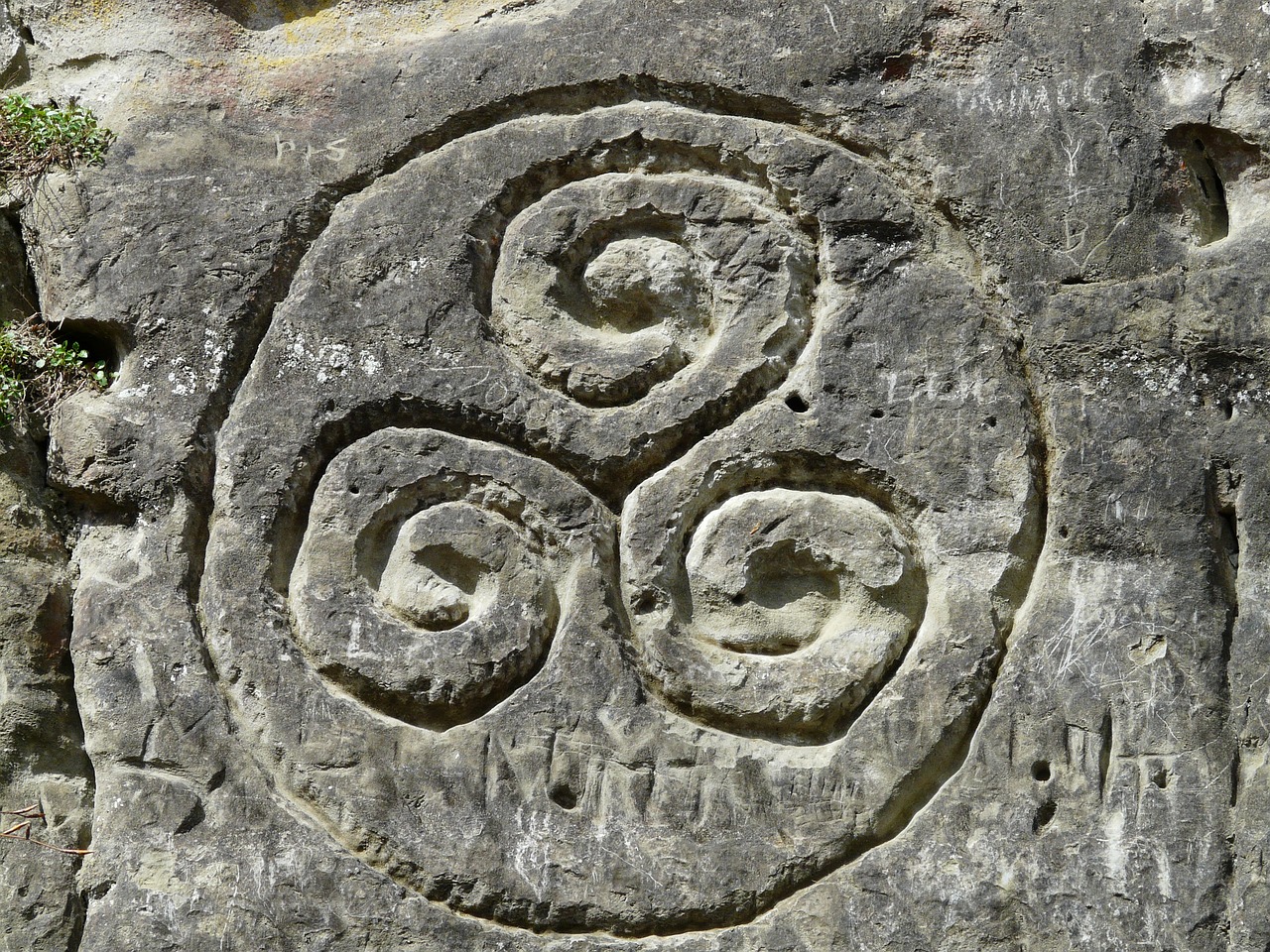Epona, a significant figure in Celtic mythology, embodies the deep connection between the Celts and horses. The etymology of her name highlights this bond, as “epos” denotes “horse” in Celtic. Epona serves as the goddess of mares and foals and is mentioned in ancient texts, such as Juvenal’s Satire, which illustrates her esteemed reputation in Gallic culture. Historical references to Epona have been unearthed across ancient Gaul, parts of Germany, the Danubian provinces, and even in Rome, indicating a widespread reverence for her, primarily among military personnel rather than an indigenous local worship.
In ancient Gallic society, horses played a pivotal role, especially during conflicts such as the Roman Conquest, where Gallic cavalry proved formidable against Roman forces. This significant reliance on horses likely contributed to Epona’s veneration, especially among soldiers, although she also gained admiration from rural communities. Unfortunately, evidence of an official cult dedicated to Epona in urban areas appears scarce.
Artistic representations of Epona demonstrate her essential role in Gallic culture. Most depictions feature her adorned and accompanied by horses. Her portrayals vary, but distinct themes emerge depending on region. For instance, some artwork from the northeastern parts of Gaul and the Rhine reflects her seated on a mare, sometimes with a foal, conveying themes related to death and the afterlife, similar to depictions of souls in ancient folklore.
Another prevalent artistic motif includes Epona surrounded by feeding horses, primarily seen in central Gaul. In more explicit representations, she may appear reclining on a horse, revealing varying attributes like a cornucopia or a peg, and she is occasionally accompanied by a dog or other divine figures such as local gods.
When examining Epona alongside other Celtic deities, parallels can be drawn to Rhiannon from Welsh mythology. Rhiannon, whose name links to the idea of queenship, is portrayed in the Mabinogi as an elusive figure who often surmounted attempts to be captured while riding her horse. Despite certain similarities regarding horses and connections to the deceased, notable differences exist; Rhiannon represents a regal figure often linked in marriage, while Epona is depicted as a solitary goddess cherished predominantly in the military context. Both figures, however, evoke the rich tapestry of Celtic myth and its intertwined relationship with equine symbolism.



